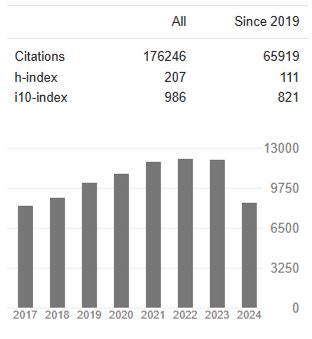The Influence of Virtual Alienation in Attention Deficit and Hyperactivity Disorder Adhd): A Systematic Review
Abstract
Sandra Crisostomo Bortolanz
Introduction: Digital technologies have brought about significant changes in all aspects of life and society. It is relevant to research the new habits of people due to the excessive and unconscious use of digital technologies and their interference in their lives from a psychological point of view, due to the changes it can bring.
Objective: The objective of this work is to present a systematic review on the influence of Virtual Alienation on the behavior of people with Attention Deficit and Hyperactivity Disorder - ADHD, influencing the reinforcement of this disorder.
Method: The method used was the bibliographic search concentrated in terms of three keywords described below, in the academic bases PubMed, ISI Web of Science and PsycoInfo, purified according to the PRISMA method.
Results: It has been demonstrated that the main characteristics of Virtual Alienation are in line with the characteristics of ADHD disseminated by DSM-V, which can influence the support of this phenomenon. This investigation is justified by the contribution it can bring to the studies of Psychology, in particular those related to human behavior.
Conclusion: We conclude that the non-conscious use of digital resources can lead to a state of alienation by the Digital Dependence that can cause emotional impacts on people with ADHD.




